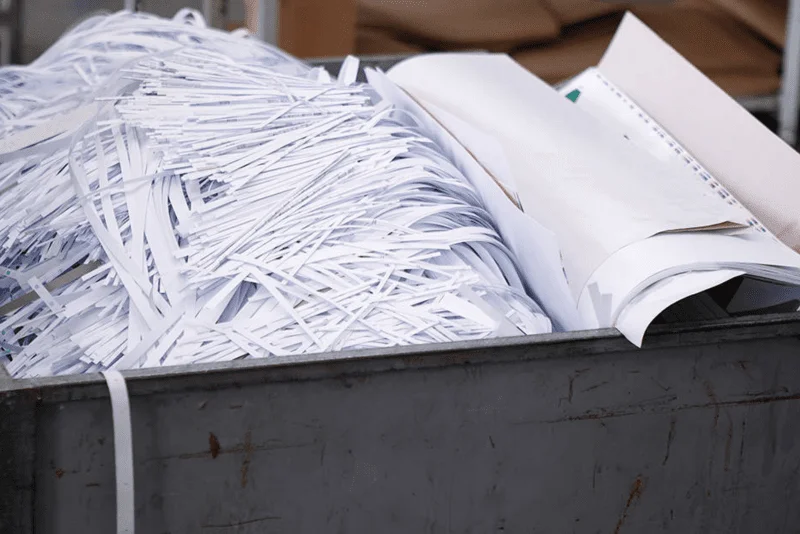
Have you ever seen confidential paperwork left on tables in conference rooms after meetings?
It’s not unusual, yet we all know it shouldn’t be happening.
Those papers could contain sensitive data about staff or customers, information which is commercially confidential, or information about business plans which could be leaked to a competitor. If you are not disposing of confidential waste in accordance to the law, you can be fined.
What would a fine like that look like?
Under the current Data Protection Act, a serious data breach could see a business fined £500,000. Under the UK General Data Protection Regulation, a fine for a data breach could reach up to 4% of a business’ worldwide turnover.
For some businesses, that could mean a fine running into millions of pounds and the very real threat that the business could fold.
So, how we deal with confidential waste will soon become vital to the future of any business.
What would a confidential waste audit do for your business?
- Help safeguard your business from punitive fines under GDPR. You’d be able to identify the areas of risk, the processes which need to be tightened, and draw up an important part of your plan for dealing with the new regulations. Having a plan in place is important as it shows your business takes GDPR seriously.
- Establish a confidential waste audit trail, so you know where your confidential waste is handled, and how. Having a paper trail including waste transfer certificates and certificates of destruction will be vital if there is an investigation into a data breach.
- Educate your staff about the dangers of handling confidential waste poorly. Most staff members don’t understand the risks a business takes when confidential waste with data which identifies individuals fall into the wrong hands. Educating them about good practice, and how important it is, will help secure your future.
- Help you decide whether you need to engage an outsourced company, which would free up your staff to concentrate on other areas of the business. Outsourced shredding and confidential waste handling could help you save time and money.
What are the most common types of confidential waste?
Customer records, letters, and receipts – they can contain addresses, names, telephone numbers, bank details, and other personal information. Identity thieves and fraudsters would love them to fall into the wrong hands.
Staff records – these could contain names, addresses, phone numbers, bank details, and national insurance numbers.
Rotas – these could contain all the above details plus the details of people’s movements in work. This could be a security risk for them.
Reports – they can identify individual customers or members of staff, and include details such as phone numbers, job titles, addresses, email addresses, and pay grades.





